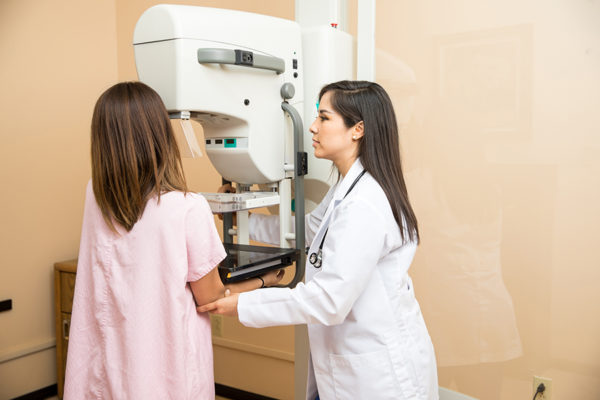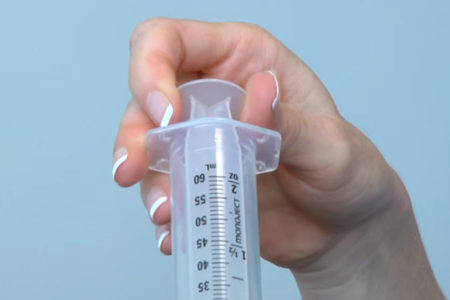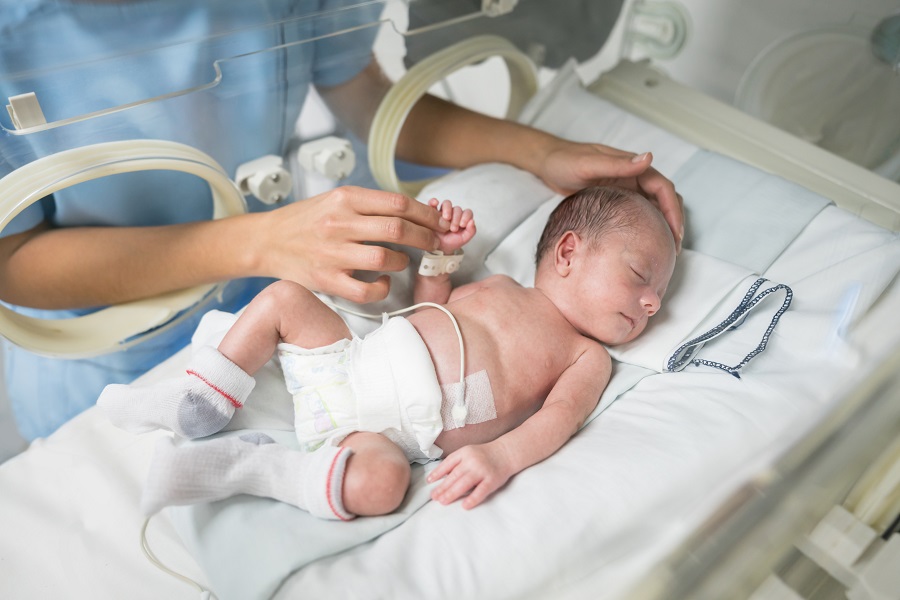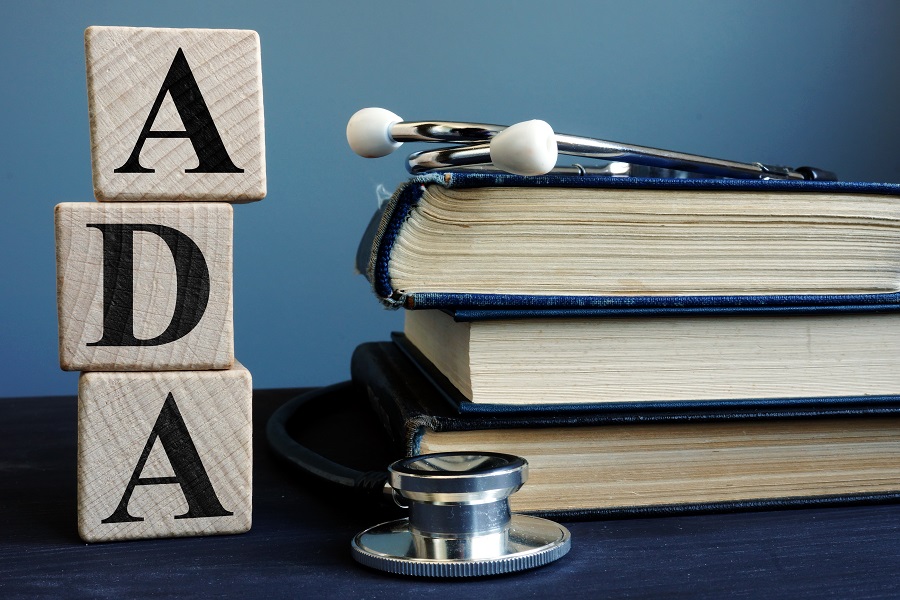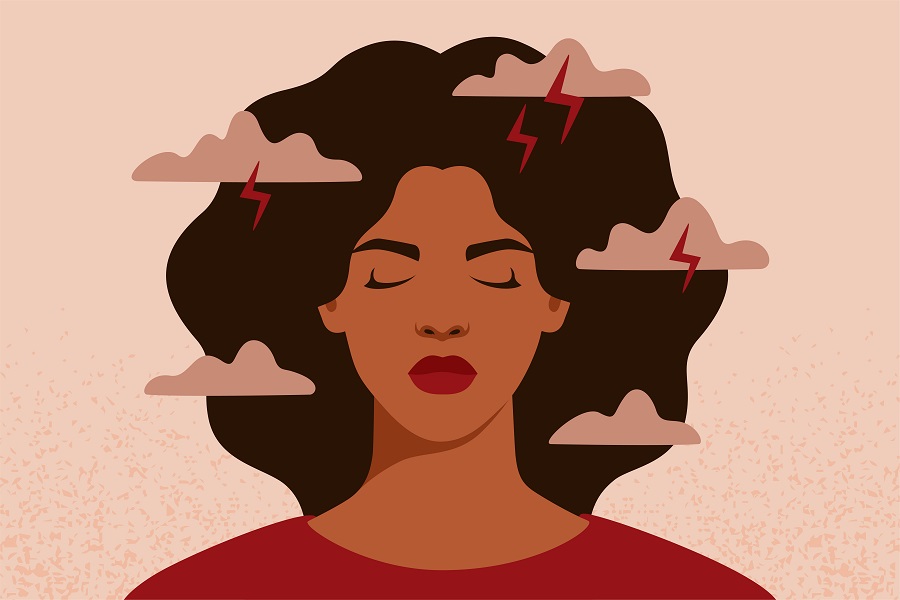Originally published by HealthDay News on MedlinePlus
MONDAY, April 10, 2017 (HealthDay News) — Four of five doctors still recommend annual mammograms for women in their early 40s, despite guideline changes that have pushed back the age for yearly breast cancer screening, a new survey shows.
Overall, 81 percent of physicians surveyed said they suggest annual mammograms for women aged 40 to 44, while more than two-thirds recommend regular mammograms for women aged 75 or older.
“Gynecologists were, in general, more likely to recommend routine mammograms,” added lead researcher Dr. Archana Radhakrishnan, an internist with Johns Hopkins University in Baltimore.
These practices run counter to guidelines issued by the American Cancer Society, which recommends annual screening starting at 45 and screening every other year from age 55 onward, researchers said in background notes.
The doctors also are ignoring the advice of the U.S. Preventive Services Task Force (USPSTF), a volunteer body that helps set standards for preventive care. The USPSTF recommends that women aged 50 to 74 receive mammograms every other year.
According to Dr. Deborah Grady, “It’s kind of disappointing and dispiriting to find that such a large proportion of physicians still say they don’t follow the guidelines.” Grady is a professor of epidemiology with the University of California, San Francisco, School of Medicine. She wrote an editorial that accompanied the study, which was published online April 10 in JAMA Internal Medicine.
Mammography recommendations were changed in recent years based on evidence that breast cancer occurs so much less often in women in their 40s that the risks of screening outweigh the benefits, Grady explained.
Younger women also have a higher risk of receiving a false positive on a mammogram, which opens them up to more follow-up procedures.
“The false positive may result in some anxiety for the patient, but it definitely will result in additional testing,” Grady said. Women could be exposed to additional radiation during follow-up scans, or have to undergo a biopsy.






